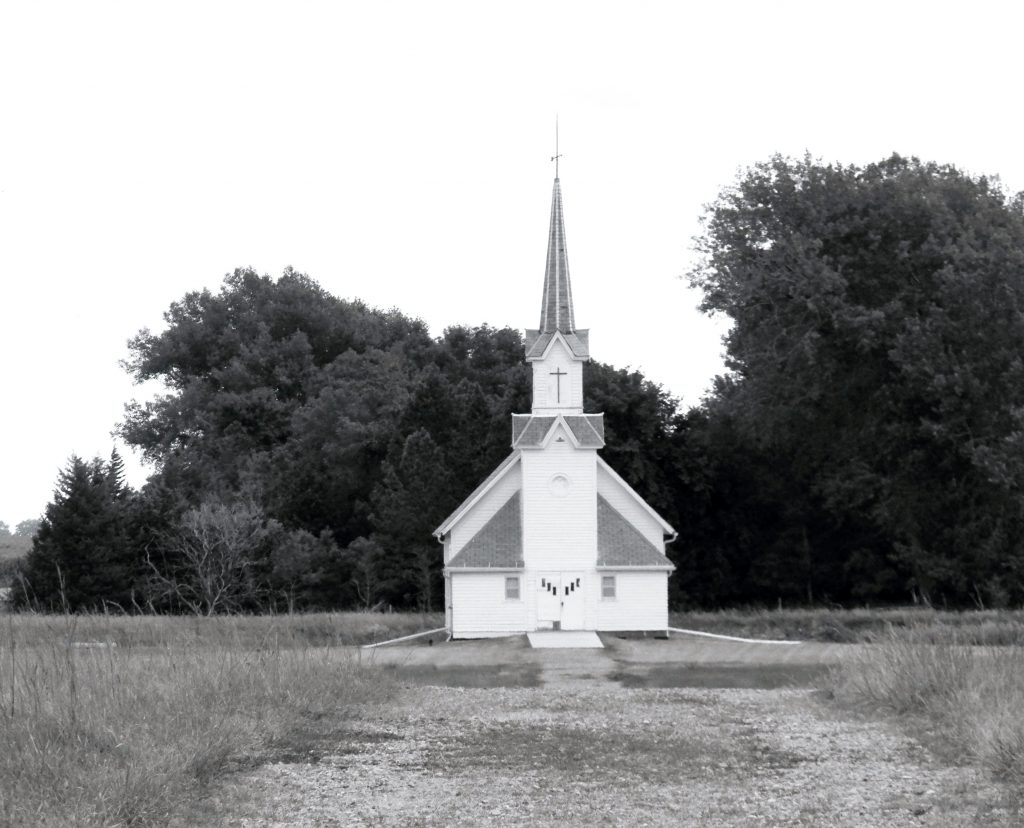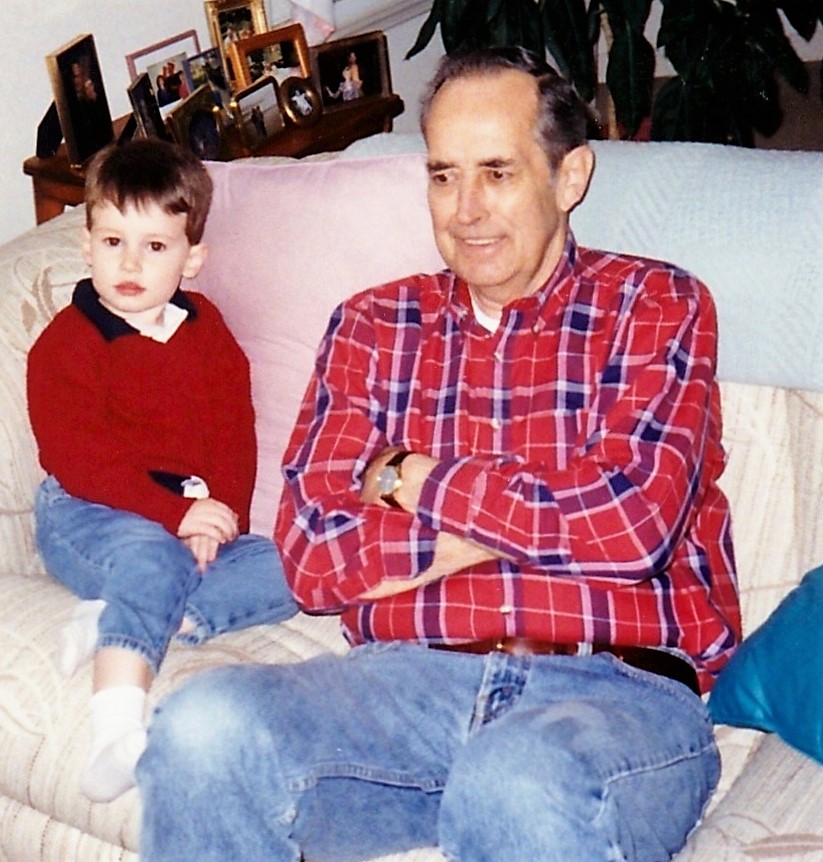Prayer, Faith and Old Age
The Benefits of Religion & How Places of Worship Can Help

We have found in our 30+ years in the industry that prayer, faith and spirituality are important to most of our clients. Overwhelmingly, we know a kind, caring soul is exactly this, in any faith setting.
Craft LifeStyle Management has worked with clients from almost every religion/faith. We love learning and following every detail to ensure our clients can comfortably and peacefully continue practicing their faith/spirituality in whatever setting they are in.
We are a judgement-free company. We each have our own individual faith backgrounds and are happy to hear about, and accommodate, yours.
Your faith background never enters our decision to work with you.
Here is what we’ve learned and observed through time.
Definition
The term “Religion” used here is derived from the Latin religare, meaning to “tie or bind.” In other words, religious communities (Catholic, Protestant, Baptist, Jewish, Buddhist, etc.), are tied or bound by shared beliefs.
Religion as a Habit
Does growing older make one more religious?
Scholars debate this. Some argue that as one thinks about his own mortality and does a major life review, he is drawn toward religion or spirituality.
Others say that if someone practices a certain religion throughout his life, this practice continues as he ages. Maybe his faith even grows deeper with maturity since aging influences our interactions with life.
At Craft LifeStyle Management, we have found clients who’ve changed their faith over their life find peace in referring back to the different religions and examining the similarities.
Following the practices of one’s church seems to be a life-long habit for many of our clients. In other words, they practiced what they were taught in their childhood homes throughout their lives.
This doesn’t mean; however, if you weren’t a churchgoer or religious before identifying as a senior citizen that you can’t explore it now. You certainly can. It’s never too late to learn something new.
Most faith communities would likely welcome you regardless of where you are in your faith journey.
Religion Benefits
There are many benefits to being part of a faith-based community. These include:
⦁ Social Support. A church community is a tremendous source of social support for many senior citizens. They not only attend weekly services but also participate greatly in other church sponsored organized events like Bible studies and day trips or tours. And, retirees often fill a majority of volunteer duties within their churches. Interacting with peers while volunteering for a good cause is a Win! Win! It’s proven to cut down on loneliness and depression.
⦁ Purpose. Joining and actively participating in a church provides a much-needed sense of meaning or purpose in one’s life. By this time most retirees have completed their professional quests, and, if they had children, are empty-nesters. Rather than sit at home and brood about a life gone by, joining and participating in a faith-based community provides PURPOSE-a reason to get up each morning.
⦁ Mental Health. Regardless of denomination, faith and religion provide a positive and hopeful approach to life. This attitude is especially important when facing illness and coping with the loss of a spouse or close friends.
⦁ Peace. Faith-specific guidance, care and practices are extremely important to devoutly religious people, especially when they are battling a terminal illness or nearing death. This faith-specific attention by a religious person offers comfort and peace in a time of great need.
10 Ways Faith-Based Communities Can Help Senior Citizens
Here are some tips and suggestions for places of worship to consider to make regular church attendance safer and easier for senior citizens.
- Provide transportation to the community for worship and fellowship.
- Ensure accessibility for canes, wheelchairs and walkers, including in the restrooms.
- Provide a sound system that is easily heard regardless of seating location.
- Make anything that must be read large enough to be read. For instance, hymn numbers.
- Provide large print bulletins and Order of Worship publications
- Have amplified hearing devices available.
- Reserve seating for those with limited mobility and diminished hearing.
- Easily identify restroom locations.
- Establish a ministry for shut-ins: Scheduled visits, telephone calls, mailings, prayer cards, etc. [Churches must be vigilant and thorough in screening any parishioner going into another’s home.]
- Live video stream worship services and connect small church groups using the Internet. Offer technical support during the early stages.
Denise’s Insight
It’s really important that our team understands what our client’s value and what may be missing from their lives.
We actively listen, guide and provide help.

Here’s one client story about faith and re-building relationships.
Our client had not talked to his three children since his wife died over a decade ago.
Each of the children had changed or modified their religion, causing much aggravation for their father. He had failing health when we were hired.
He spoke about his three kids all the time, but with anger and hurt about their leaving the church and its beliefs. He truly loved and missed them but couldn’t get over their decisions about religion.
It was so sorrowful that religion kept the kids away. It always turned into a fight. Once their mother passed, they were done!
Craft LifeStyle Management has worked with this client now for three years.
We are delighted that he is now interacting with two of his three children and his grandchildren.
Our goal was not to bring anyone back to another’s beliefs. Instead, our goal was for him to have somewhat of a relationship to heal each of their hearts. Each, in their own way, is such a kind and loving soul!
It has been as simple as finding conversations that keep the peace or determining what topic is ‘off the table.’
They do not see one another every week-more like once a month-for a few hours at a time.
It is going great.
Granted, our client will say, “They don’t stay long enough,” or “Only one of my grandkids came this time.”
But he ALWAYS has a smile on his face and talks about what they did.
We offer suggestions based on years of experience and understanding our client and his family dynamics.
One of his kids can’t stay in the house. “It’s Dad’s turf.” Or, it angers him. So, we suggested he pick up Dad for a picnic lunch at one of the adult grandchildren’s homes. This is now their “go to” method.
It may only be for an hour or so, but considering it’s been 10 years, this has brought peace and calm to the family, and to our client.
Religion doesn’t need to separate a family.
If Craft LifeStyle Management can be of help to your or your family Contact Us.
More Information
Why Are Old People So Religious? | Psychology Today
©April 2021
All Rights Reserved.
